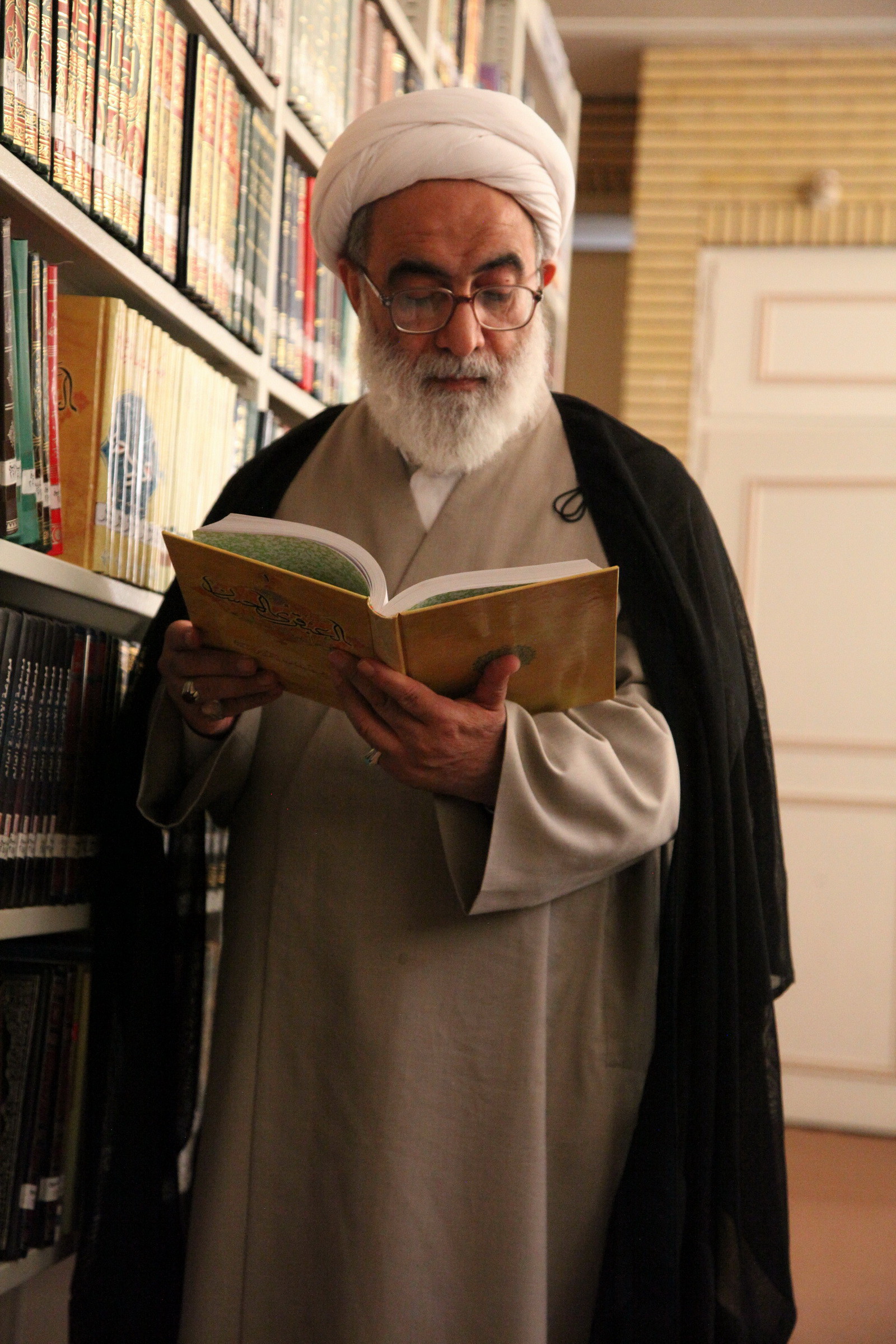Course Overview
Subject: Conventional Person
Professor: Ayatollah Mahdi Shabzindidaar
Class time: Saturday to Tuesday 11 a.m.
Venue of the class: Qom, Grand Mosque of the Holy Shrine
Virtual course link: https://eitaa.com/feghahat_ir
Course Subject
Among the critical issues for the survival of human beings and the life of human societies are the problems of ownership, responsibility, and rights, to which all schools of thought attach great importance.
After progressing in various fields, humans felt they could have more straightforward and convenient lives. To pave the way for further change, development, and prosperity, the need for non-humans that could organize lives and deal with humans’ current problems became evident, a fact that led to the creation of the Conventional Person.
Therefore, they extended the above three problems (ownership, responsibility, and right) from humans to non-humans which occurred in three realms:
1- The realm of objective realities: like a building or mosque that, for example, has properties such as carpets, locks, doors, and lamps. If we want to talk about this fact in another way, we say the mosque can own.
Therefore, we can extend ownership from humans to non-humans; this expansion also appears for the other two problems; we can say the mosque is responsible for, and on the other hand, has some rights.
2- The field of human inventions that does not exist externally (conventions): e.g. charitable society, charity fund, bank, and company.
These facts were invented to facilitate human work and bring prosperity. They extended all the matters related to humans to non-humans and gave them a conventional reality and, as a result, gave this reality the same ownership, responsibility, and rights.
3- Some subjects have neither external nor invented reality: such as the subject of the poor and the needy. We say: I have dedicated something for the poor and the needy, the subject of the retired, we say: this right is only for the retired.
By subjects, we mean entities capable of being considered responsible, owner of the property, and owner of the right, either in the rational or Sharia tradition.
In jurisprudential terminology, we call the non-human being, which the above three rulings apply to, an Etebari Person or a Conventional Person.
The question of the course is, what is the position of Sharia on the Conventional Person?

Course Professor
Ayatollah Mahdi Shabzindidaar was born in 1953 in Darab, one of the cities of Fars province, Iran. His father, Hossein Shabzindidaar Jahormi (1929-2014), was one of the students of Imam Khomeini, an exegete of the Qur’an and a prominent teacher of ethics.
Shabzindidaar is one of the jurisprudential members of the Guardian Council. In addition, he is a member of the Board of Trustees of Al-Mustafa University, the Supreme Council of the Qom Seminary, the Teachers Association of the Qom Seminary, and the director of the Baqiyaullah Institute of Qom. He is also the head of the contemporary jurisprudence office.
Shabzindidaar has been teaching advanced studies of jurisprudence and its principles at the Grand Mosque of Qom since 2005.

Works
- He has several works in jurisprudence and usul, e.g. the book of Sacrifices from Al-Mawsua’a Al-Fiqhiyyah (10 volumes), commentary on parts of Tahrir al-Wasila, the Comprehensive on the Principles of Jurisprudence, and writings from the advanced lessons of Ayatollah Kazim Qaroubi Tabrizi and Hossein Vahid Khorasani.
- Also, the Office of Contemporary jurisprudence, which started its work in 2015, functions under the supervision of Ayatollah Shabzindidaar and some prominent professors, including Mohammad Taqi Shahidi, Hossein Shopaei, Seyyed Mohammad Ali Madarresi Yazdi, Ali Andalib Hamdani, and Mohammad Qaeni Najafi. This office recently published the book Al-Faiq fi al-Usul, a textbook for advanced-level students researching new issues.
